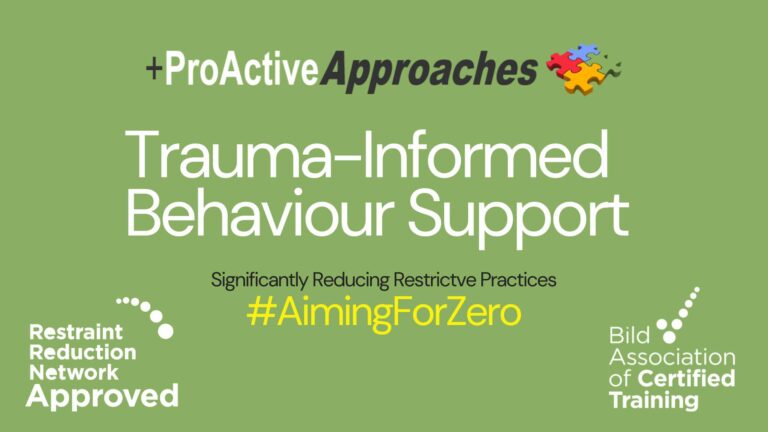In the field of mental health care, ensuring the safety of both patients and staff is paramount. This article delves into the world of PMVA (Prevention and Management of Violence and Aggression) training, a crucial aspect of mental health care. PMVA training equips staff members with the necessary skills to manage, prevent, and de-escalate violent or aggressive situations involving service users. This comprehensive guide will explore the key elements of PMVA training, its significance, and how individuals can prepare for it.
Who Needs PMVA Training?
PMVA training is designed for a wide range of professionals working within mental health care settings. This includes:
- Support workers
- Staff nurses
- Occupational therapists
- Ward clerks
- Ward managers
Essentially, anyone working on an inpatient unit in the mental health care field will require PMVA training. The course aims to prepare these professionals for the challenges they may encounter while caring for service users, especially those prone to violence and aggression.
Understanding the Course
PMVA training typically spans a five-day period and combines theoretical and practical elements. Here’s an overview of what the course covers:
Theoretical Components
- Reading Material and Policies: Participants are introduced to essential reading materials and policies related to PMVA.
- Guest Speakers: Experts in the field discuss topics such as professional boundaries, risk management, rapid tranquilization, and therapeutic engagement.
- Service User Perspective: Service users share their experiences with boundaries and restrictions, offering valuable insights.
Practical Training
The majority of the course focuses on hands-on training, teaching techniques for restraining individuals in the least restrictive and safest manner possible. Key aspects include:
- Basic Life Support: Participants learn life-saving techniques.
- Breakaway Training: Techniques for releasing oneself from a hold.
- Roleplay: Roleplay exercises help participants consolidate their skills, adapt to fluid situations, and handle resistance effectively.
Significance of Roleplay
Roleplay plays a vital role in PMVA training for several reasons:
- It helps participants understand the fluid nature of confrontations and the need for adaptability.
- It demonstrates that multiple techniques may be required in a single incident.
- Roleplay builds confidence, especially in managing situations where individuals actively resist.
Preparing for PMVA Training
PMVA training can be physically demanding. While it doesn’t require participants to be fitness fanatics, some preparation is advisable:
- Stay Active: Engage in daily activities that involve movement, such as cleaning or light exercise, to prepare for the physical demands of the course.
- Emotional Preparedness: Consider how you might feel when restraining someone who is distressed and agitated. Emotional preparedness is as crucial as physical preparation.
Seeking Support
PMVA training can be emotionally challenging. Participants should be aware of the support available:
- Peer Support: Fellow candidates often offer valuable support during the course.
- Tutor Assistance: Tutors are there to provide guidance and support, addressing both physical and emotional needs.
- Debriefs: After each incident, there are debriefing sessions where staff can discuss their experiences.
- Line Manager: If the training affects you emotionally, don’t hesitate to reach out to your line manager for guidance.
- Psychological Support: Professional psychological support is available if needed.
Conclusion
PMVA training is an essential component of mental health care, equipping professionals with the skills and knowledge needed to ensure the safety of both service users and staff. While physically and emotionally demanding, PMVA training plays a vital role in preventing harm and maintaining a secure environment in mental health care settings. Preparing adequately and seeking support are key to successfully completing this training and providing the best possible care to those in need.
Related posts:
No related posts.




